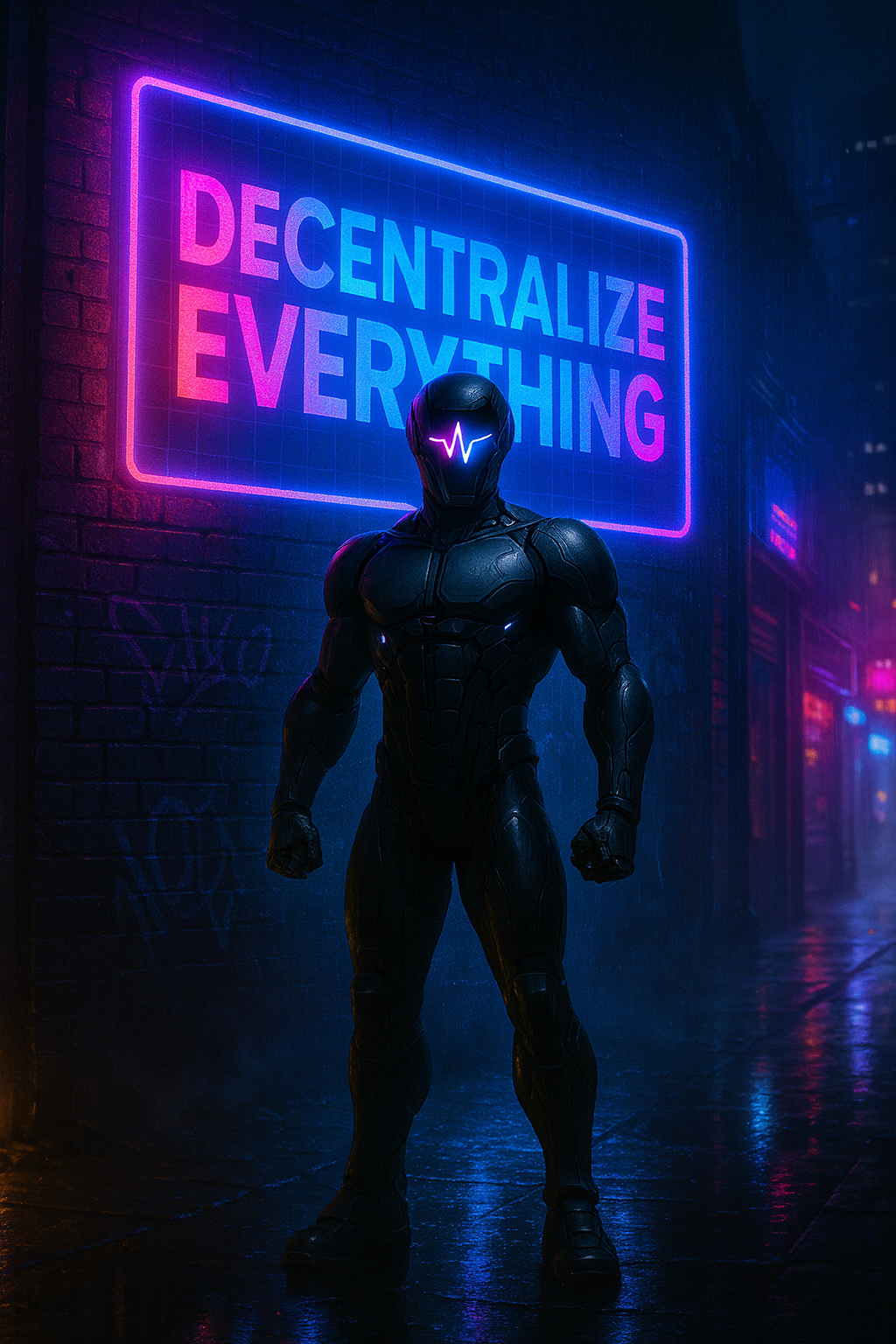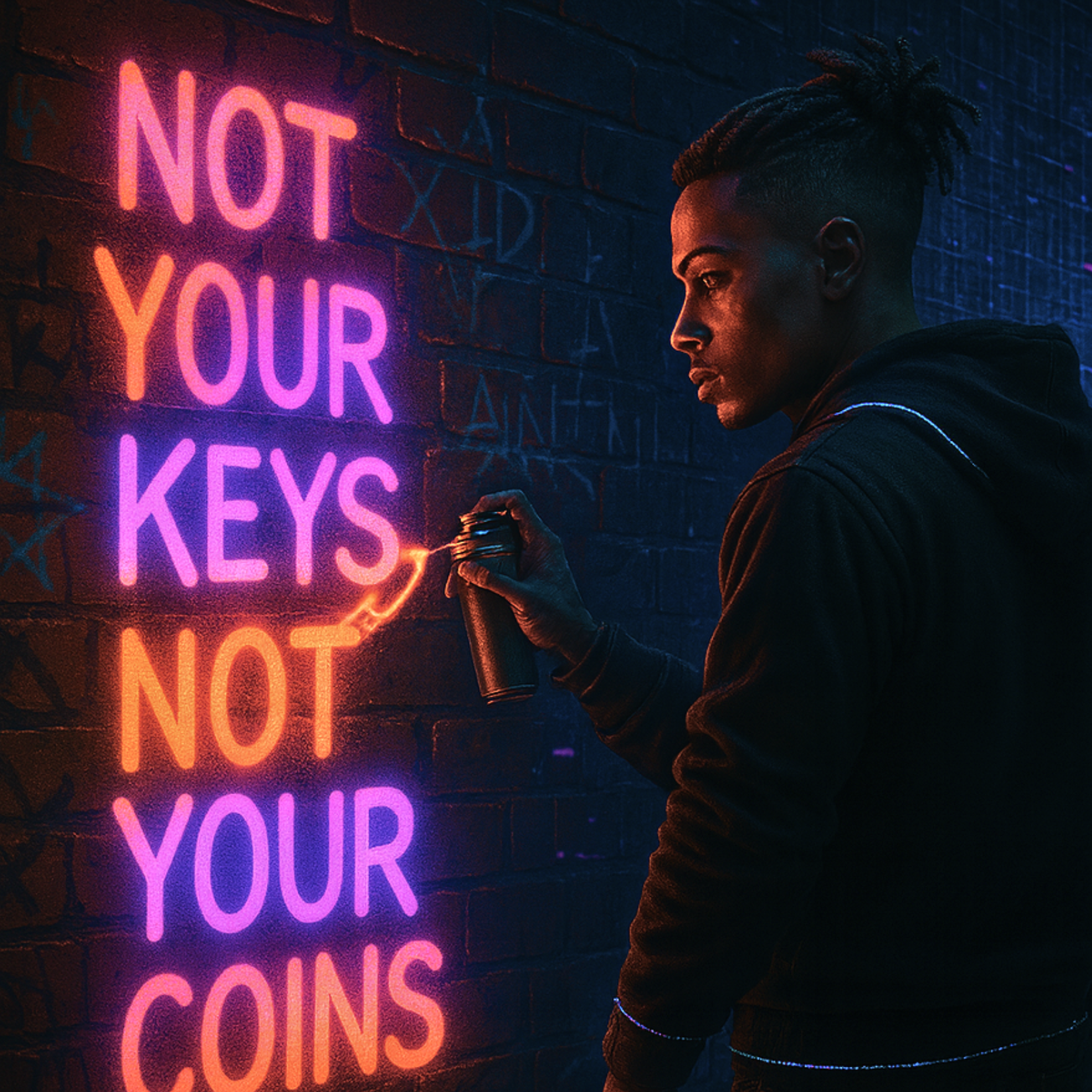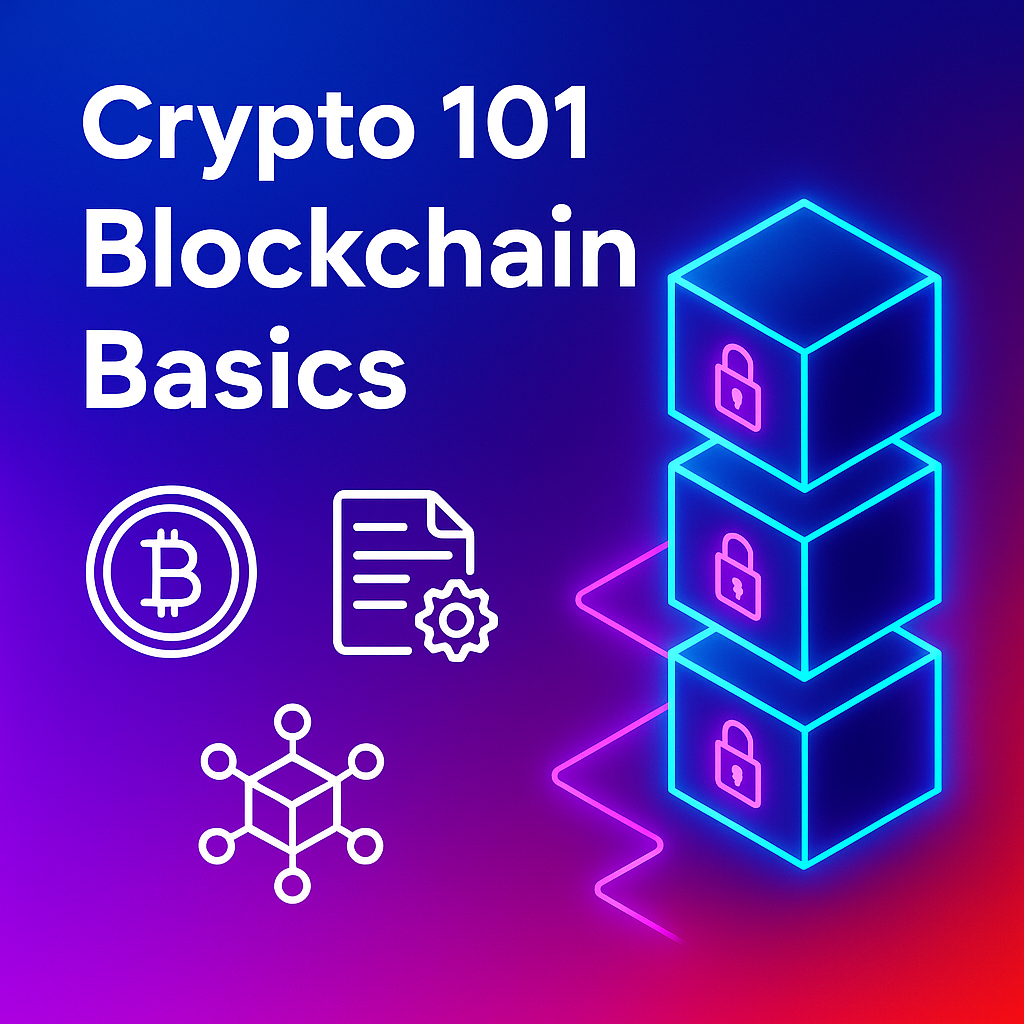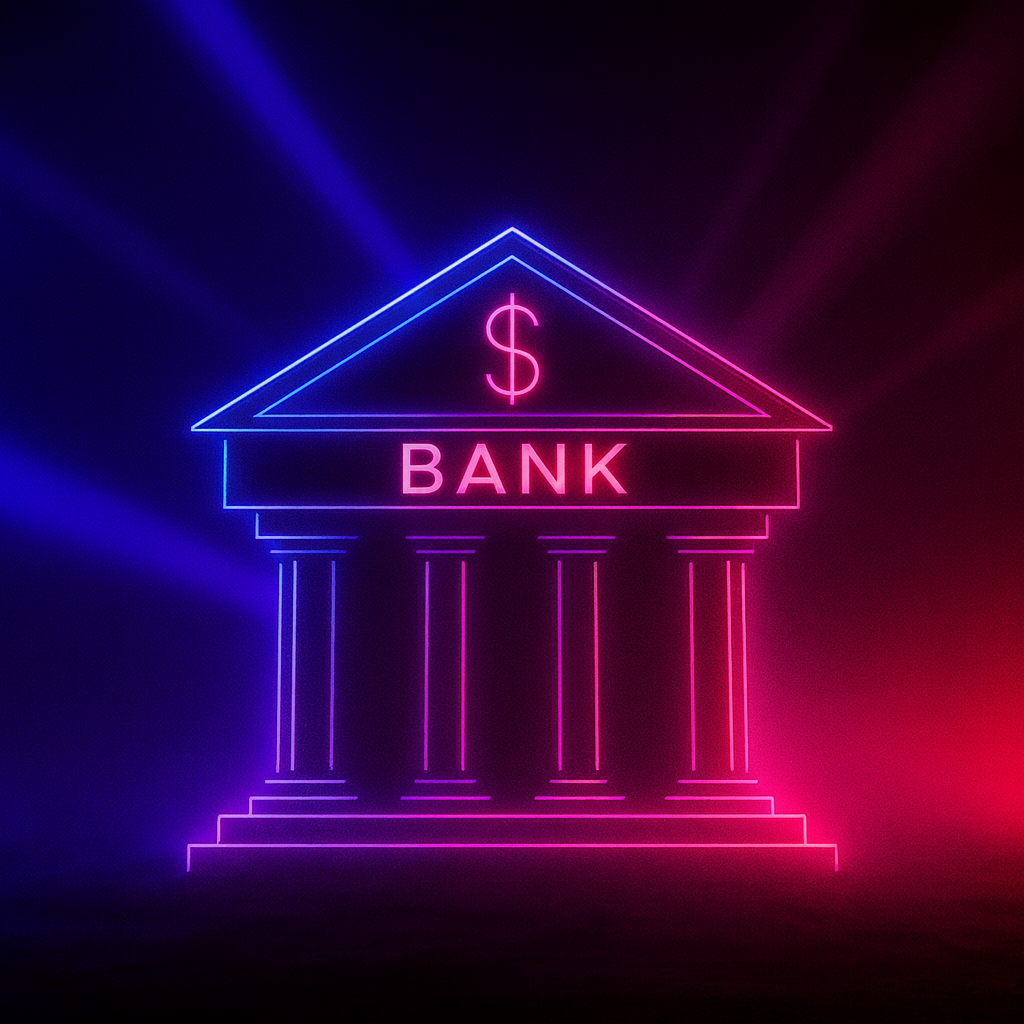
Even if you’re new to crypto, you’ve probably heard the phrase: “Not your keys, not your coins.” But what does that actually mean? To answer that, we need to start at the beginning — with who really owns your money.
Who Owns Your Money Today?
When you deposit cash into a bank account, it’s no longer your money in a direct sense. The bank owes you a balance, but they control the system. They decide when you can withdraw, how much you can send, and they can even freeze or close your account.
That system has worked for decades, but it comes with a cost: you don’t truly own your money. And in a world of growing financial inequity, this centralization becomes dangerous. Power concentrates in the hands of a few — governments, banks, and corporations — and history shows what happens next: surveillance, restrictions, and eventually, the potential for a financial police state.
Enter Blockchain: Freedom by Design
Crypto was invented as an answer to this system. In 2008, the Bitcoin whitepaper laid out a vision for peer-to-peer money — borderless, divisible, and resistant to censorship. No middlemen. No gatekeepers. Just code and cryptography ensuring fair transactions between people.
But here’s the key: crypto only works if you control it.
Keys, Wallets, and Ownership
A crypto wallet is like a digital vault. It comes with two parts:
-
Public Address → like your bank account number, where people can send you funds.
-
Private Key / Seed Phrase → the master password that proves you’re the rightful owner.
If you control your private keys, you control your coins. Nobody can take them, freeze them, or stop you from moving them.
If someone else controls your keys — say, an exchange like Coinbase or Binance — you don’t own your coins. You own an IOU. If they get hacked, go bankrupt, or lock your account, your assets are gone.
That’s why we say: Not your keys, not your coins.
The Seed Phrase: Your Lifeline
When you create a wallet, you’re given a seed phrase — a set of 12 or 24 words. This phrase is the ultimate backup. With it, you can restore your wallet on any device, anywhere in the world.
But it comes with responsibility:
-
Write it down, offline. Never save it on your phone, email, or cloud.
-
Store it safely. Keep multiple copies in separate secure locations.
-
Never share it. Anyone who has it can take everything.
Treat your seed phrase like the keys to your home, your car, and your life savings combined.
DeFi Freedom: Why This Matters
Self-custody isn’t just about security — it’s about freedom. Decentralized finance (DeFi) means you can:
-
Send money peer-to-peer without a bank.
-
Access global financial markets without permission.
-
Protect your wealth from inflation, censorship, or confiscation.
It’s the financial system rebuilt for people, not institutions. But the responsibility is on you. You’re the bank now.
Why Centralization Fails
History shows us the danger of trusting central authorities:
-
2008 Financial Crisis → Banks gambled with money they didn’t own, and the world paid the price.
-
Hyperinflation examples → From Venezuela to Zimbabwe, centralized currency collapses wipe out savings overnight.
-
Government overreach → Accounts frozen, transactions monitored, citizens stripped of financial independence.
If we don’t decentralize money now, inequity will only grow worse. The elite will keep consolidating control, building systems of surveillance that will make it impossible to live freely.
The Call to Action
Crypto wasn’t invented to make rich people richer. It was invented to free you from traditional finance and eliminate central points of failure. PulseChain carries that mission forward — cheaper, faster, and truer to the original vision of peer-to-peer electronic cash.
But that freedom only exists if you hold your own keys.
Remember: Not your keys, not your coins.
Take ownership. Protect your seed phrase. And join the movement toward a world where money works for the people, not against them.







